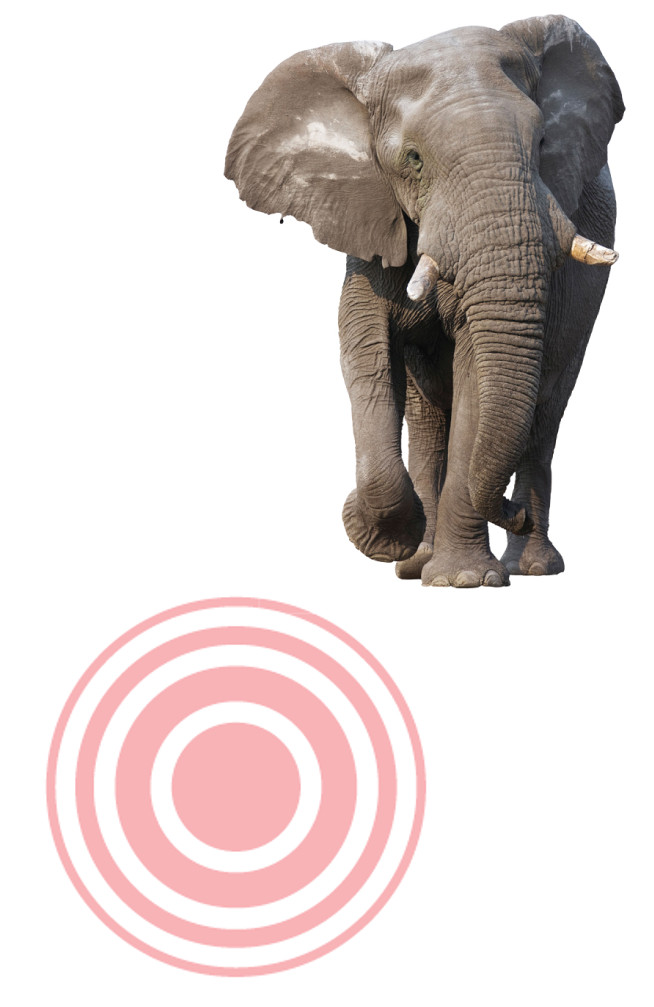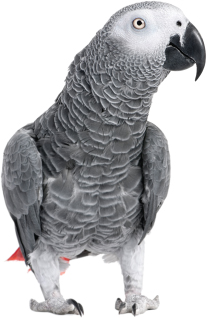218


Thinking- Concepts
- Solving Problems
- Making Good (and Bad) Decisions and Judgments
- THINKING CRITICALLY ABOUT: The Fear Factor—
Why We Fear the Wrong Things
- Thinking Creatively
- CLOSE-UP: Fostering Your Own Creativity
- Do Other Species Share Our Cognitive Skills?
- Concepts

Language- Language Development
- The Brain and Language
- Thinking Without Language
- Do Other Species Have Language?
- Language Development

Intelligence- What Is Intelligence?
- Assessing Intelligence
- CLOSE-UP: Extremes of Intelligence
- The Nature and Nurture of Intelligence
- CLOSE-UP: What Is Heritability?
- Intelligence Across the Life Span:
Stability or Change?
- Group Differences in Intelligence Test Scores
- What Is Intelligence?
| 8 | Thinking, Language, and Intelligence |

|
219



Throughout history, we humans have celebrated our wisdom and bemoaned our foolishness. In this book we have seen many reasons to take pride in our smartness. As our brains develop, our minds grow from the surprising abilities of the newborn to the logic of adolescence and the wisdom of older age. Our visual system converts countless sensations into nerve impulses sent to multiple brain sites. Then the results come together, forming colorful perceptions. Meanwhile, our two-track mind is processing, interpreting, and storing vast amounts of information, with and without our awareness. Not bad for the cabbagesized three pounds of wet tissue jammed in our skull.
Yet we have also seen that in some other ways we are either simple or error-prone. Our species is kin to the other animals. The same principles that produce learning in rats and pigeons and even slugs influence our learning. Our thinking sometimes fails us. My geographical intuition tells me that Reno is east of Los Angeles, that Rome is south of New York, and that Atlanta is east of Detroit. But I am wrong, wrong, and wrong. People are good at making mistakes. We not-so-wise humans are easily fooled by perceptual illusions, fake psychic claims, and false memories.
In this chapter, we find more examples of these two images—the rational and irrational human. We will consider how we intelligently use—and sometimes ignore or misuse—the information we receive, perceive, store, and retrieve. We will look at our gifts for language and intelligence. And we will reflect on how deserving we are of the meaning of our species’ name, Homo sapiens—wise human.
220